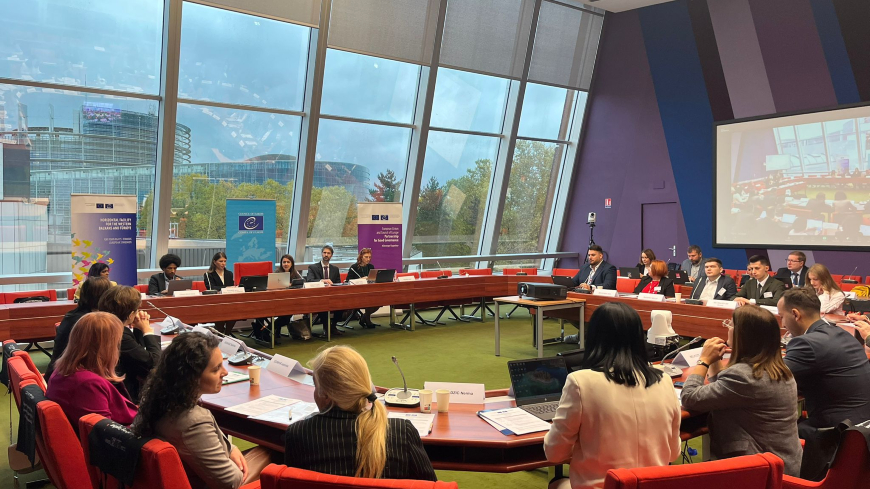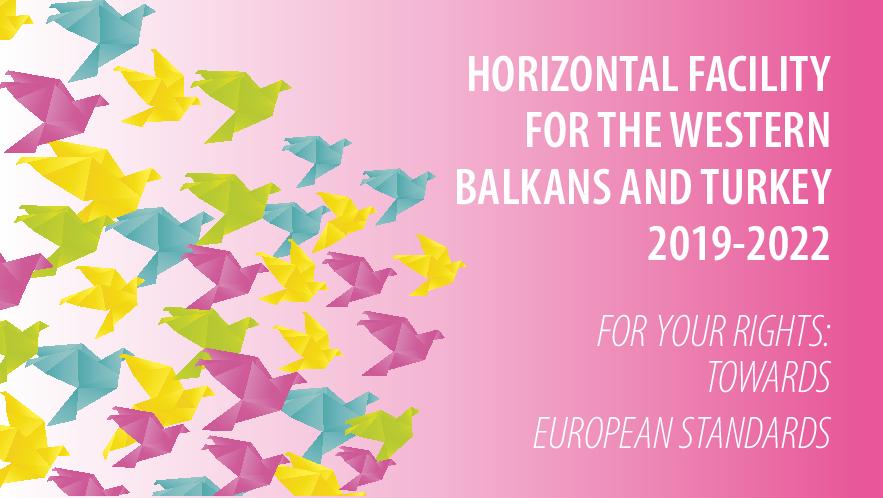Representatives from public institutions and experts from the Western Balkans and Eastern Partnership regions, part of the European Union and Council of Europe Anti-racism Network, met in Strasbourg to strengthen their joint efforts against racism and intolerance.
Discussions focused on shifting from reactive measures to proactive strategies addressing structural discrimination, in line with evolving European standards. The EU Anti-racism Co-ordinator Office presented the forthcoming EU Anti-Racism Strategy 2026-2030, aiming to involve EU accession members in the EU’s expert group on anti-racism. Participants welcomed this as a valuable opportunity to align domestic policies with EU long-term equality objectives.
The European Commission against Racism and Intolerance (ECRI) in its sixth monitoring cycle report, presents key challenges in the Western Balkans and Eastern Partnership regions, such as the widespread use of hate speech in political discourse, unequal access to education, housing, and policing, and limited resource for equality bodies. In response, participants considered concrete measures to respond locally to such challenges, including the reinforcement of independent equality institutions, improved data collection, and enhanced community-based victim support services.
Successful initiatives launched at local level were presented by equality bodies and Beneficiary institutions participating, such as promoting access to justice and redress, implementing public education initiatives to counter stereotypes, and training programmes for law enforcement and public officials. Newly certified trainers on combating racism and racial discrimination presented plans to adapt available training material into languages of the region for use across public administration.
Participants emphasised the importance of coordinated action between governments, equality bodies, local authorities and civil society, in addition to continued regional co-operation, as key to embedding anti-racism principles across public policies.
---
This activity is organised within the project “Promoting equality and non-discrimination: towards more resilient and inclusive societies” and the action “Promoting equality and combating racism and intolerance in the Western Balkans”, which are part the joint European Union and Council of Europe programmes “Partnership for Good Governance” and “Horizontal Facility for the Western Balkans and Türkiye”.


